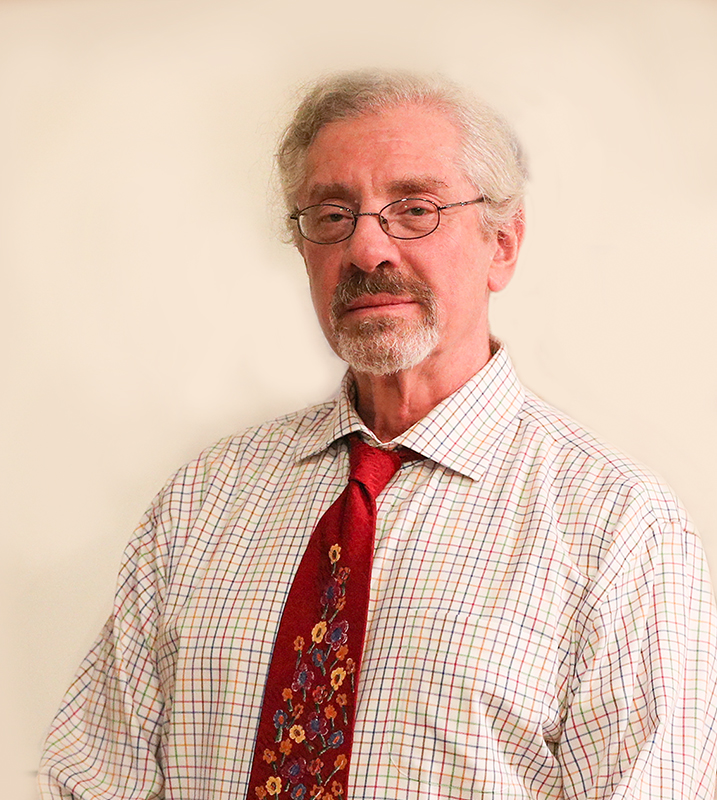Message from our President
As the weather warms and early blooms appear, I vividly recall a disappointing day during my freshman year in college. While trying to register for my spring classes, I discovered that a course I had been hoping to take was closed. Instead of Modern Fiction, then, I would have to enroll in another class to complete my English requirement. I selected one called Early British Romantic Poetry, which I chose quite reluctantly and did not expect to enjoy.
To my surprise, I loved the class, and over the years I’ve retained much of the knowledge and insight that I acquired by reading works by Shelley, Keats and Wordsworth (whose poems very often employ the imagery of springtime, by the way). Something similar happened in graduate school, when I was closed out of a seminar on Hegel that I was hoping to take. Instead, I had to enroll in a course on the philosophy of art, which was a subject I knew little about and in which I had almost no interest. Little could I have suspected then that I would wind up specializing in just this field, and would write my doctorate dissertation and numerous scholarly articles on this very subject.
To some, turns of events like these may amount to little more than happy coincidences and good luck. Others might see them as instances of what is described by the Hebrew word b’shert, or “what is meant to be.” But it’s not just course selections that reveal these turns of fortune. What would life had been like, for example, had you turned down the invitation to the dinner party where you met your spouse, or where a casual introduction at a cocktail party led to an amazing job offer?
Whether it’s luck or it’s b’shert, very often the most significant gifts that we receive in life, and the ones which help us to grow the most, are not what we expect. Very often, in fact, these occurrences even turn out to be contrary to what we had actually been planning for ourselves.
This is not to say that plans are unimportant. They certainly are. But in addition to all the rational thinking that goes into our plans, we must also cultivate the wisdom to understand the limits of how much planning we should do, when to implement our plans, and when to keep them on the drawing board. We must also learn how to adapt to the surprising dynamics of life by not clinging so stubbornly to our plans when circumstances require us to change.
For me, the takeaway from these memories, and many other besides, is a reminder of the need to be open, receptive and spontaneous in our expectations and dealings with the world. This is precisely the situation we have found ourselves in lately as a congregation. Without planning or searching, we were fortuitously contacted by Cantor Shira Ginsburg, who went on to lead our beautiful High Holiday services this past year. Similarly, just when our previous Cantor, Jason McKinney, was leaving us for a congregation in North Carolina several years ago, Converse University was hiring two new faculty members named Courtney LeBauer and Steve Graff, who, along with Converse Professor Keith Jones, have been gracing our services with their exquisite musical gifts. The same can be said for Elliott McCarthy, who joined our temple at the precise time that we needed the ritual talent and knowledge that he brings to our Friday evening Shabbat services.
Eastern philosophical traditions instruct us to be open to all possibilities. Judaism teaches us to have faith that the lives we live are rich with meaning. Our own experiences as a community inspire us to be grateful for the gifts we enjoy.
With these thoughts in mind, I wish everyone a healthy and joyous spring filled with surprise, wonder and gratitude.
Mark Packer,
President

